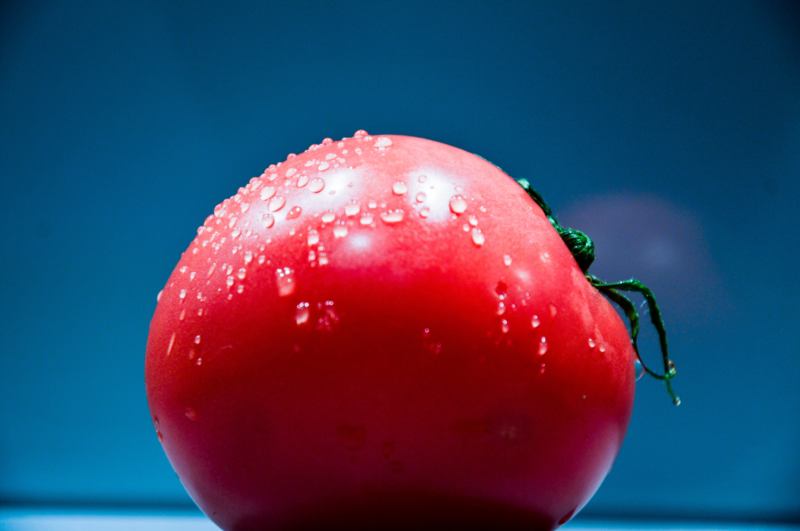
Like science and technology, food has evolved over the years and progress is constantly being made. At different times, some of the foods we eat regularly today were totally shunned. The reasons are all amazing!
1- The potato
In France, the potato has long been snubbed, as it was reserved exclusively for animals. Then, in the 18th century, Antoine-Augustin Parmentier discovered his nutritive qualities in Prussia and recommended it to eradicate the famine that devastated the country. As the people were reluctant to consume it, Parmentier even went so far as to keep the fields by soldiers so that the peasants might be tempted to steal them.
2- Snow crab
Although considered a luxury meter today, snow crab has long been despised. In fact, North American fishermen hated them because they tangled their nets and they were very difficult to sell on the market. The crustacean finally became popular thanks to a marketing operation which gave it the name "snow crab", since it was formerly called "royal crab".
3- Salmon
Salmon is nowadays a fairly popular fish, but at the end of the 19th century, Atlantic salmon abounded so much in France that no one wanted to eat it. A revolt even broke out in the prison of Nantes since the guards and the prisoners could no longer find this fish on the daily menu. On the farms, workers even added a clause to their contract specifying that salmon should not be served to them more than once a week.
4- Rye
Rye is perhaps not as widespread as wheat, but this cereal has managed to carve out a place in our modern diet, especially for its breads used in the famous smoked meats. For several decades, however, rye was treated as a common weed because it encumbered fields of wheat and barley. Fortunately, we finally discovered its virtues and realized that it produced much more than the other two cereals in bad years.
5- The tomato
Estimated today in almost all the cuisines of the world, mainly in Italy where it remains the staple food, the tomato has for a long time been disdained. Many peoples were afraid of it because of its peculiar odor. We were suspicious and thought it was toxic. The Americans believed this theory until the turn of the 20th century; They consumed it, but boiled it for three hours.
Who knows, perhaps, that the foods we reject today from our plates will be found in those of our descendants in several years.







